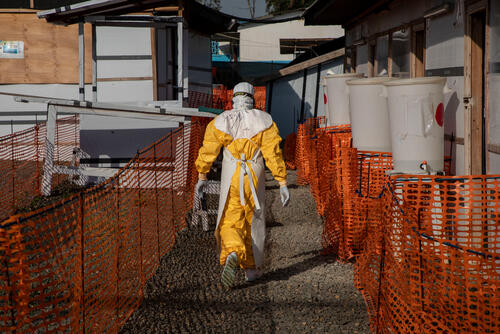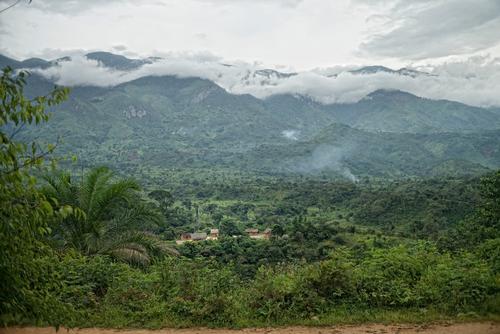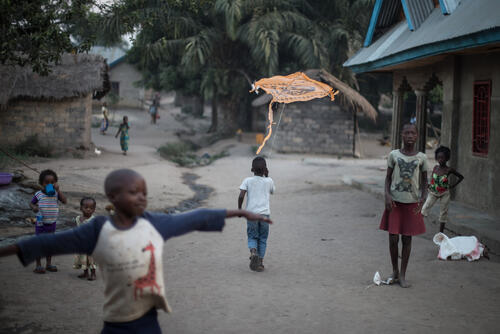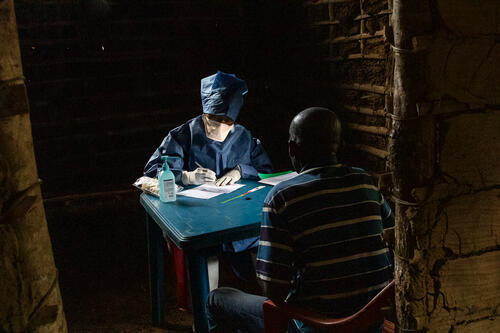On 25 June 2020, the Minister of Health from the Democratic Republic of Congo (DRC) declared the country’s tenth Ebola outbreak over. The outbreak, which was declared on 1 August 2018, raged throughout the country’s northeast, across Ituri and North Kivu provinces. Ebola cases were also found in South Kivu province, and over the border in neighbouring Uganda.
The outbreak recorded a total of 3,470 cases (3,317 confirmed and 153 probable cases), and claimed the lives of 2,287 people; 1,171 people survived. It is DRC’s largest outbreak of Ebola, and the second-biggest ever behind the 2014-2016 West Africa outbreak.
Médecins Sans Frontières (MSF) responded to the outbreak, providing care to people in Ebola treatment and transit centres, participating in the vaccination of people, and providing health promotion information.
The tenth Ebola outbreak in DRC in figures:
3,470
3,47
2,287
2,287
1,171
1,171
Here are the lessons learned from DRC’s tenth Ebola outbreak:
1. Ebola was only one of the emergencies in northeastern DRC
The main causes of mortality in the area are preventable diseases such as malaria and measles. Long-term conflict is another issue in northeastern DRC and leads to massive displacement and urgent humanitarian needs (lack of shelter, food, water and sanitation, as well as medical needs). The narrow, Ebola-centric approach initially adopted to contain the outbreak ignored these other issues and was one of the reasons of the response’s failure to earn the trust of the communities.
As the outbreak evolved, we expanded our support to general healthcare in local health centres and hospitals across the region. In various areas of North Kivu and Ituri, MSF supported mass vaccination campaigns to fight the measles epidemic. These efforts aimed at improving the comprehensiveness and quality of care, as well as access to much-needed services that go beyond Ebola care.
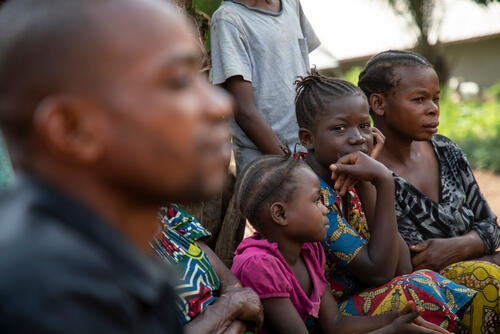
2. Community engagement must form the cornerstone of any response
The Ebola outbreak response initially failed to adapt to the needs of people and their health-seeking behaviour, and this led to tensions and understandable mistrust by large parts of the local communities. As the outbreak evolved, most organisations on the ground began engaging with people and we must build on this learning experience.
3. Care should be decentralised
Decentralising care for suspect Ebola patients is not only an effective medical strategy to quickly identify and treat infectious people, but also proves to be an important tool to improve access to care for other health problems and build community trust.
By decentralising care, it can ultimately help to reinforce the capacity of the local health system to better provide for people and to identify and manage suspect cases in future epidemics.
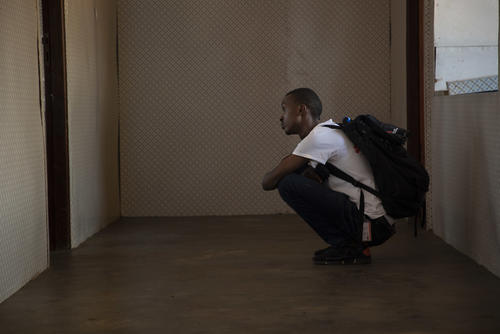
Even in situations that require urgent action... Ebola patients should be cared for and respected like any other patient, not treated as biological threats.
4. Respect for patients is fundamental
Even in situations that require urgent action and have major public health implications, Ebola patients (suspect and confirmed cases) should be cared for and respected like any other patient, not treated as biological threats.
This entails giving patients a choice based on informed consent at all stages of care and avoid violence to force people’s adherence to public health measures of the Ebola response. It’s both an ethical issue and a better way to meet people’s needs, earn their trust, and work together towards the end of an outbreak as a result.
5. Wider eligibility for vaccines is crucial
The fact that the first Ebola vaccine has been licenced in several countries in Africa, as well as approved elsewhere in the world, is a major step forward in the response to future Ebola epidemics. This should allow DRC to have access to a greater stock of vaccines and in a timely manner, in case of a new outbreak.
Removing some of the constraints limiting the number of people eligible to receive the vaccine is one of the main lessons learnt from this experience. MSF advocated for expanding the criteria of eligibility and, in late 2019, the Ministry of Health finally obtained a waiver to do so.
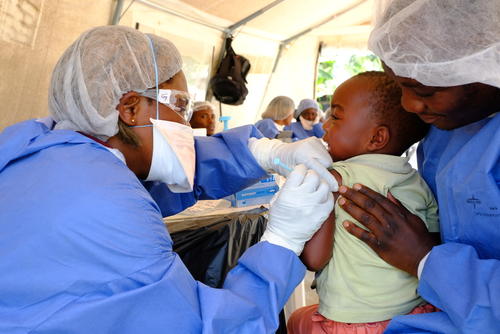
6. Heavy security inhibits people seeking care
The tenth outbreak was the first time that an Ebola epidemic took place in an active conflict zone with multiple armed groups and complex dynamics; this was another of the major challenges for the response.
By limiting access to some areas, generating displacement among people, and most of all, having created a long-standing rift between the population and national authorities, the conflict made it more difficult to follow up the contacts of Ebola patients and control the transmission of the virus. It has to be noted that while violence affected the Ebola response, the community suffered the most from it.
We understand that there is a need to provide security in a context like this and that the community can request security measures. But the presence of armed forces in health centres, beyond being against MSF’s position of neutrality and impartiality, can have significant consequences for the response to Ebola. People may feel uncomfortable seeking medical care in places where there is the presence of armed people, and that inhibits them from seeking timely care.



